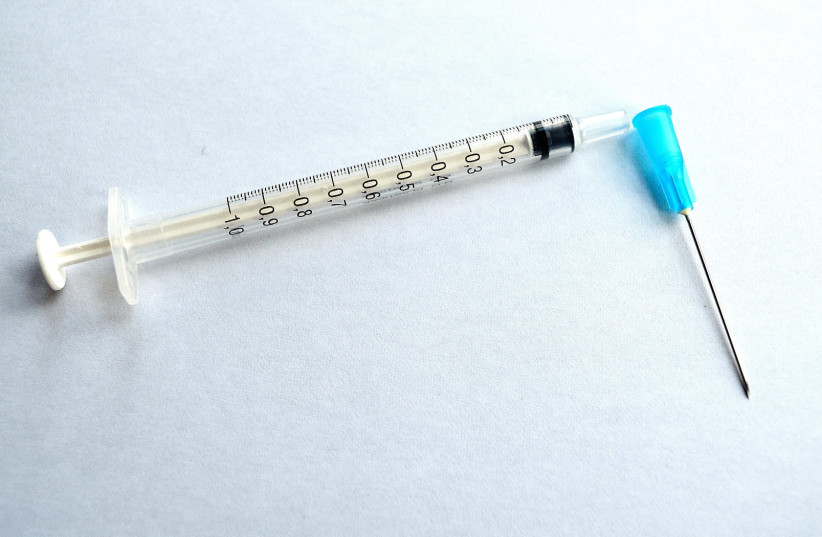If the experiment goes as planned, IIBR could complete vaccine development within a year or less.
MAAYAN JAFFE-HOFFMAN
MAY 18, 2020 07:12

Israel’s Institute for Biological Research has successfully completed its coronavirus vaccine experiments on rodents and will soon move on to testing it on other animals and then humans, according to a report by Israel’s N12. According to the report, if the experiment goes as planned, IIBR could complete vaccine development within a year or less.
During the trial, scientists in the Ness Ziona-based lab administered the vaccine to 50% of the rodents. Then, it infected all of them with the novel coronavirus, SARS-CoV-2. The vaccinated rodents remained healthy and the unvaccinated rodents contracted the virus.
The rodent tests began last month, after the institute was personally asked by Prime Minister Benjamin Netanyahu to join the fight against the pandemic in early February.
IIBR believes that if all goes as planned, a vaccine can be successfully completed, according to N12.
In addition to a vaccine, the lab, which reports to the Prime Minister’s Office and works closely with the Defense Ministry under guarded military censorship, is also working on a treatment for COVID-19, the disease caused by the novel coronavirus.
Over the weekend, the Defense Ministry announced that IIBR had filed patent requests for eight types of coronavirus antibodies that it has isolated, which will be used for the development of a future drug to treat COVID-19.
Defense Minister Naftali Bennett called the move, “another important step in developing a cure. IIBR is working around the clock to find a life-saving solution.”
Moreover, IIBR is also involved in plasma collection from people who have recovered from being infected with the new coronavirus in the hope that this might help research. Treating sick patients with antibodies, often referred to as a “passive vaccine,” is something that has been done for decades with other viruses and is considered an easier process. Developing a new active vaccine is more complex.
There are hundreds of labs working on a coronavirus vaccine around the world, including several in Israel. A team of MIGAL [The Galilee Research Institute] scientists is working to develop a vaccine based off a vaccine it previously created against infectious bronchitis virus (IBV), which causes a bronchial disease affecting poultry. The Jerusalem Post checked in with MIGAL earlier this month and the scientists said they expect to start human trials on what would be an oral vaccine around June 1.
Content retrieved from: https://www.jpost.com/health-science/israeli-institute-successfully-tests-coronavirus-vaccine-on-rodents-628402?fbclid=IwAR35p23L6HGUSFZ30CxjdAU74jPe7RC3_YYzyh0z7QBK-U1QWFND1i5MC3Y.